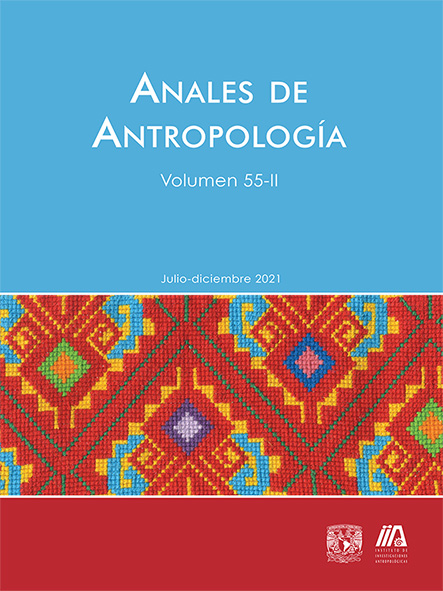The importance of recognizing Ghost Speakers in linguistic revitalization projects: Experience with San Bartolo Yautepec Zapotec
Main Article Content
Abstract
This article recognizes the existence and importance of “ghost speakers”, competent speakers who suffer linguistic insecurity, in San Bartolo Yautepec Zapotec, a highly endangered, language spoken in San Bartolo Yautepec, Oaxaca, Mexico and in a diasporic community in Mexico City conurbation. To this end, we first address this language and speech community’s sociolinguistic situation and how this led to linguistic shift. It is then shown that San Bartolo Yautepec Zapotec conforms to some general characteristics that have been reported for highly endangered languages, such as increased variation and accelerated linguistic change, and how this linguistic change has an impact on attitudes toward the language. The change described includes loss of lenis consonants and a complexification of the tonal system in younger generations’ speech. This is followed by a classification of the speakers in this language, including the “ghost speakers”, and their role in the current linguistic revitalization project. Next, the revitalization project is discussed, and an account is given of the activities currently being carried out and the purpose of each for each type of speaker discussed in the classification. Many of these activities aim to foster ties among community members and generate linguistic security for insecure speakers.
Downloads
Article Details
Esta revista usa una licencia CC del tipo CC BY-NC-ND 3.0. Se maneja bajo el esquema de acceso abierto, con una licencia Creative Commons Attribution-NonCommercial-NoDerivs 3.0 Unported.
